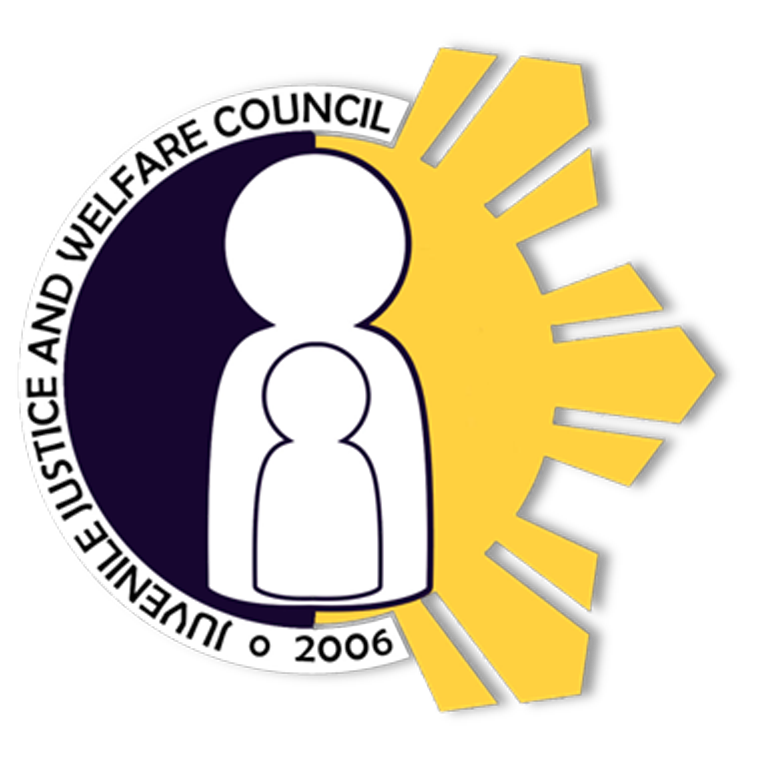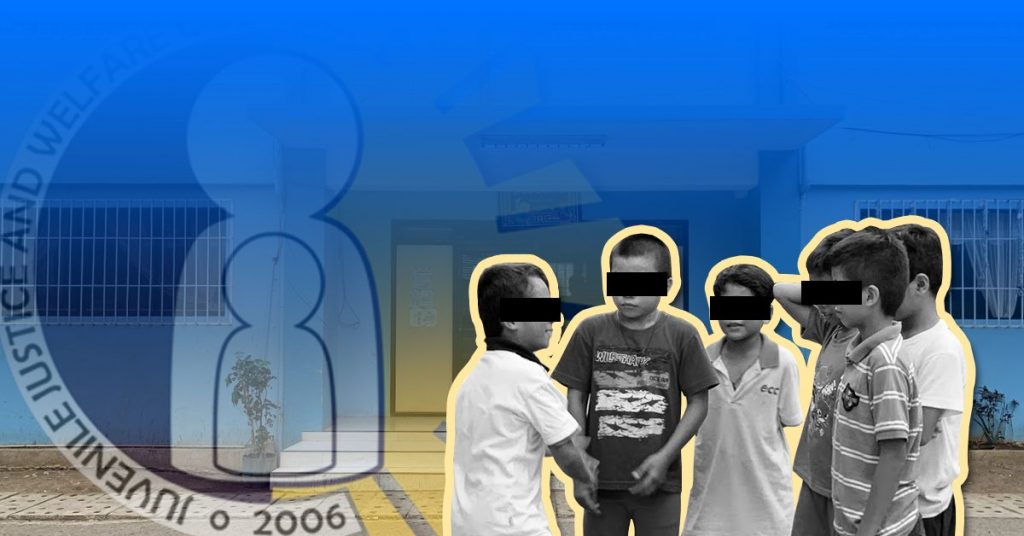The continuous increase of COVID-19 cases in the country has a heavy impact especially on children deprived of liberty. Without urgent action, these children would be most vulnerable to the spread of the disease. The Juvenile Justice and Welfare Council (JJWC) issued the ‘Guidance for the Bahay Pag-Asa (BPA) and other Youth Care and Rehabilitation Facilities handling children at risk (CAR) and children in conflict with the law (CICL) during the COVID-19 Pandemic Situation’. This is to ensure that the safety and welfare of all residents (children), employees, and officials are prioritized.
Based on the guidance, specific measures were set to manage and mitigate the risks of the COVID-19:
Information dissemination
All information relative to COVID-19 including the hygiene and safety measures being implemented by the facility shall be provided to all residents (children) and staff in an accurate, clear, and complete manner.
Information shall be child-appropriate and suited to the language understandable and accessible to all the children.
Visitation
Where physical visitation is not possible due to health and safety concerns, substitution of in-person family visits through video conferencing, phone calls (landline or mobile), and other similar communication measures will be made.
The privacy and confidentiality of the conversations must be observed and parents/families must be notified ahead of time on these alternative measures.
Hygiene measures
These include observance of proper handwashing and hygiene practices as advised by the Department of Health; ensure available and adequate supply of face mask, water, soap, and alcohol-based hand rub; ensure proper menstrual hygiene management for CICL girls such as providing enough supply of feminine pads; and maintain cleanliness at all times within the premises of the facility.
Case Management
This includes continuous conduct of assessment of the multi-disciplinary team on the cases of newly admitted children prior to the pandemic using various and applicable
assessment tools. It can be done through video conferencing or any available communication measures replacing in-person meetings for safety precaution.
Child participation is considered as vital in the identification of intervention plans and continuous conduct of developmental and rehabilitative activities for children in consideration of physical distancing requirement; ensure the availability and regularity of mental health and psychosocial support measures for the children; avoid conduct of outdoor activities and outreach programs or events conducted by external public or private individual or groups; regularly monitor the health status of the children including body temperature; make available the disinfectant measures and thermal scanning prior entry in the facility’s premises; in cases of release, the child will be integrated with family in consideration of the current situation in the community and existing LGU issuances relative to COVID-19; and the LGU may monitor after-care programs through the use of phone or video calls ensuring that confidentiality and best interest of the child are recognized, protected and maintained.
Admission of Children in the Facility
These include non-custodial alternative to detention, which are family-based or community-based, should be favored for any person under 18 years; provide proper and immediate referral of the child to the concerned barangay or authorities for onward release to parents in consideration of child’s best interest and safety; follow the proper protocol in admitting children as provided in the DSWD MC no. 18, series of 2015 “Guidelines on the Operation of Bahay Pag-Asa” or approved manual of operations; ensure that the child undergoes the necessary physical and medical examination to determine any need for immediate medical attention (the same can be facilitated by referring party); a newly admitted child can be isolated, maximum of 14 days, provided that his or her survival and developmental necessities, constant family contact, monitoring, and guidance are provided; and isolation or quarantine measures must not result in de facto solitary confinement.
Notification and Reporting of Person Exhibiting Signs and Symptoms of COVID-19
These include immediate notification to the Barangay Health Emergency Response Team if any child or personnel showing signs of symptoms of COVID-19; isolation of the child or staff from the rest of the resident and personnel in the facility; provision of appropriate measures to prevent any possible form of stigmatization or harm to the suspected child; and decontamination of areas where the suspected or infected child or staff went around with appropriate disinfectant such as chlorine bleaching solution.
Court Procedure
These include precautionary measures such as but not limited to use of face masks, availability of sanitizers (alcohol-based), and physical distancing shall be undertaken during court hearings and other legal processes where children are required to appear in court.
Human Resources
It is the responsibility of each personnel of the facility to employ the necessary measures to prevent the spread of infection in the Bahay Pag-Asa, rehabilitation centers, or youth homes.
Reporting of Status
Reports on the situation of the children in the facility will be submitted to the Regional Juvenile Justice and Welfare Committee (RJJWC) every Monday morning between 9:00 to 11:00 am for onward submission to JJWC National Secretariat.
Directory of RJJWCs can be accessed through this link.





